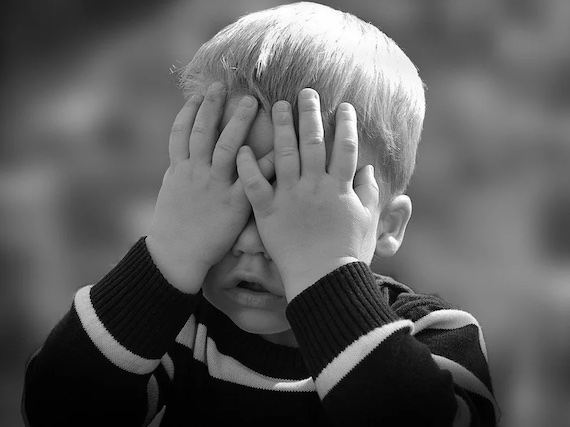My story is proof that public programs can help kids escape poverty. Now lawmakers have a chance to help more kids get out.
When I was born into poverty, the deck was stacked against me in all aspects of life — from educational opportunities and health care to the future earnings I could expect. Now I’ve graduated from college and I’m poised to start my first post-college job.
What made the difference? Hard work, yes — but also public investment. Public programs helped keep me fed, healthy, and learning as I grew up. Kids growing up today deserve the same chance.
SNAP benefits allowed me to eat breakfast before school, eat dinner after work, and ensured that food would not be added to my list of anxieties. Programs like Free and Reduced Meals made sure I got lunch at school, too.
Medicaid allowed me to be a healthy student. It covered visits to my dentist, who identified two tooth infections before they spread to my brain. It made sure I could see my doctor, who diagnosed me with asthma so I could get treatment and play sports with other kids.
Funding for Advanced Placement exams at my low-income Title I school helped me prepare for college. And with my family’s income falling far short of tuition costs, the Pell Grant program allowed me to pursue a college education — and escape generational poverty.

Via Pixabay.
Without this help, I wouldn’t have become the first person in my father’s family to graduate high school — nor the first person in my entire family to graduate college. Our safety net is still frayed and underfunded, and escaping poverty is still the exception. But my story shows what’s possible when we’re given equitable resources and opportunities to succeed.
One new policy could make even greater strides towards equity — if it can overcome fierce opposition from conservative lawmakers.
Rep. Rosa DeLauro (D-CT) has introduced legislation that would increase the Child Tax Credit (CTC) to $3,000 for children ages 6-17 and to $3,600 for children under 5. DeLauro’s proposal would deliver installments of that credit monthly (rather than once a year at tax time) and make it fully refundable so the lowest income families are eligible for the full value.
This proposal is similar to the pandemic expansion of the CTC, which reduced child poverty nearly by half in the short time it was active.
The Brookings Institution uncovered that the credit was particularly effective in conservative, high poverty states such as West Virginia, Oklahoma, and Alabama. But when conservative lawmakers let it expire at the end of 2021, the expanded CTC expired and sent 3.7 million children into poverty.
According to the Institute on Taxation and Economic Policy, expanding the CTC again would benefit more than 60 million children, especially those with the lowest incomes.
The CTC also has powerful implications for racial justice. The Center for Budget and Policy Priorities found that roughly half of Black children, 40 percent of Indigenous children, 40 percent of Latinx children, 17 percent of white children, and 15 percent of Asian children get less than the full credit — or no credit at all. Expanding it would narrow racial economic divides while benefiting kids of every race.
Opponents of the CTC argue that it will discourage parents from working. However, most studies predict that 99 percent of working parents will continue to work. The tangible benefits to children living in poverty outweigh these hypothetical, unproven complaints.
We’ve seen that expanding the Child Tax Credit works. So choosing not to will harm children’s development and widen the educational disparities we already see in this country based on race and class. In an already uneven playing field, programs like this have the opportunity to give low-income students a chance to succeed.
To give more kids a chance to escape poverty, we need to invest in the kids who need it the most. Now we have another chance to get it right.



 © 2024 All Rights Reserved
© 2024 All Rights Reserved